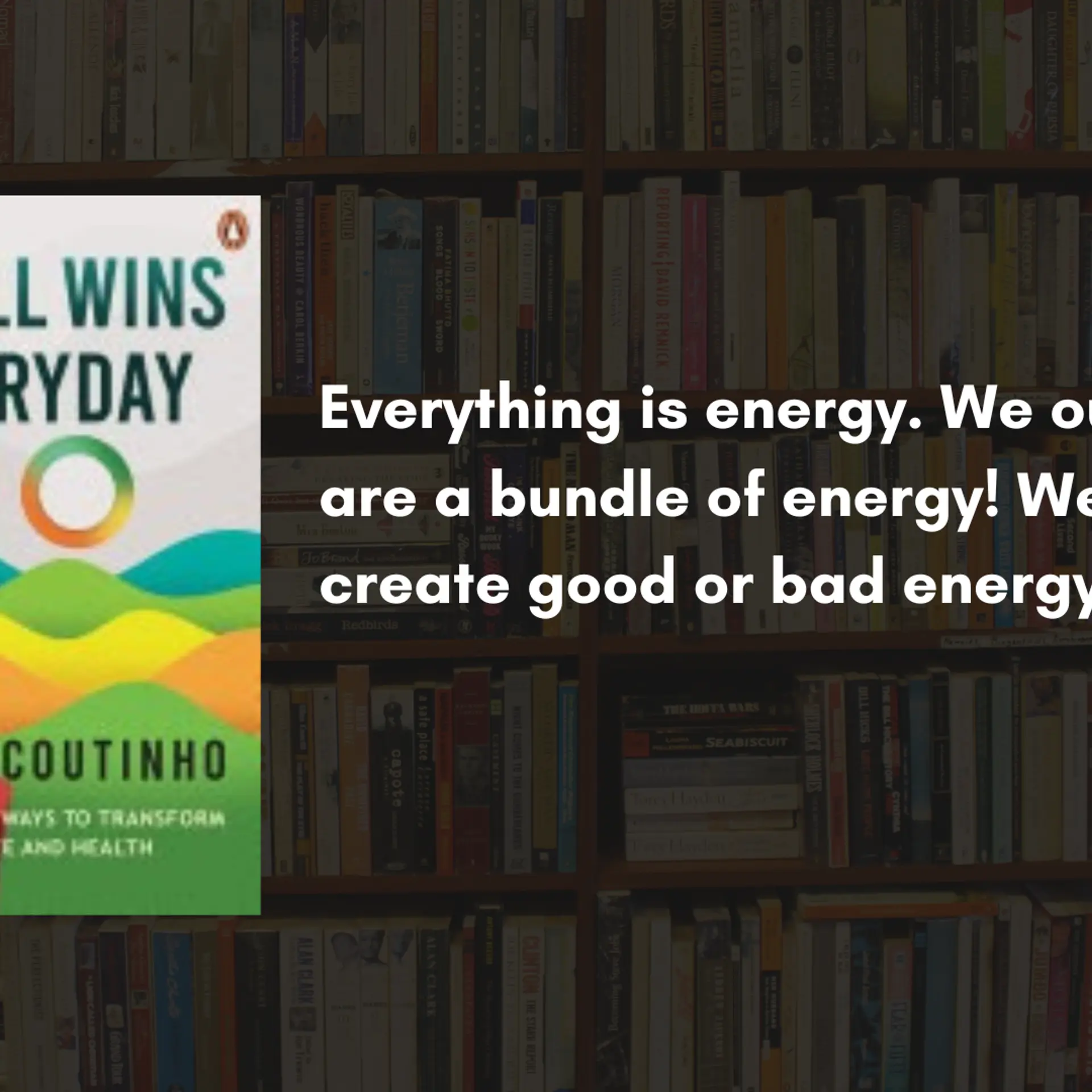Building a brand: How SaaS startup Knorish saw 300 pc growth amid COVID-19
Gurugram-based startup Knorish helps creators build “successful online businesses” using its readymade “sales funnels” to monetise their content.
India has 637 million smartphone users, who reportedly spend an average of 4.6 hours per day consuming content. In the last few years, the creator economy of the country has flourished with individuals endorsing brands and even launching their own merchandise using a unique blend of storytelling and commerce.
According to Kinner N Sachdeva, Co-founder and CEO, , the lifecycle of any content creator’s business can be split into four segments — creation, discovery, monetisation, and growth.
While the first two are simple (at least, simpler) enough to achieve, it is when a creator reaches the third stage — monetisation — the real challenge arises, he says. Additionally, creators today, in a hypercompetitive world, need to leverage technologies and tools that can help them monetise and grow their brands faster. This can often mean lots of spending and expertise not everyone possesses.
It is this opportunity that SaaS platform Knorish decided to leverage when it pivoted during the COVID-19 pandemic, helping content creators build “successful online businesses” using its readymade “sales funnels” to monetise their content.
As a result, the startup claims it saw a 300 percent rise in course sales last year, with over 6.1 million minutes of live sessions and webinars streamed on its platform by top 10 academies (Knorish refers to each of its creators as an ‘academy’) in the last six months of 2021 alone.
“With affordable smartphones and easy access to data, the demand for good learning content is witnessing unprecedented growth. So, naturally, creators in this space want to leverage this using a robust technology platform that gives them everything that they need to build a successful online business,” Kinner tells YourStory.
MCA filings accessed by YourStory reveal that in FY21, the Gurugram-based startup reported a revenue of Rs 75 lakh, which is 361 percent higher from Rs 16 lakh in FY20.
Pivot!
In 2016, Knorish was launched by Kinner and his wife Rakhi Wadhwa as a SaaS platform, which enabled creators and influencers to take their business online and monetise their content.
However, the public beta version was only up and running in January 2020, right before the outbreak of the COVID-19 pandemic.
In its early days, the startup was like the ‘Shopify’ for online courses, with a focus on DIY (Do It Yourself) and automated content creation. But that soon changed.
“When a content creator joins Knorish, their biggest problem is not content creation or technology because our platform will let them do that in two days' time. The challenge, instead, is building sales funnels,” says Kinner.
Hence, Knorish changed its core focus from helping creators build their platform to get visibility to helping them build customisable sales funnels to monetise their content.
Sales funnels, he explains, are tools that help creators turn potential leads into customers by consistent engagement. The creator first engages with a potential customer by offering free content. Then, creators can move on to provide information and relevant links for content or products that are behind a paywall.

How it works
Knorish offers several plans — from a 14-day free trial up to a Power pack — across different price points, catering to different kinds of users. These plans, which are available on a monthly and yearly basis, can cost anywhere between $29 and $350 per month.
After a creator signs up on the platform for one of its plans, they can choose among multiple funnels — Landing Page Funnels, eBook Funnels, Webinar Funnels, Mini-course Funnels, Video or YouTube Funnels, and Challenge Funnels. There are goal-based funnels too — Crowdfunding Funnels, Course Selling Funnels, Lead Generation Funnels, and Brand Activation Funnels.
For instance, if a creator wants to sell their book, they can use the Webinar Funnel to conduct a free webinar on the topic of their book and then sell their e-books by providing a link at the end of the webinar.
Similarly, one could use the e-book funnel to lure in users using a free report or book by the creator, which can then be used to sell their paid course or webinar by nurturing leads through emails.
According to Kinner, it takes a team of 10-12 people to build any of the funnels mentioned above. However, creators can use them in just a few simple clicks.
In 2021, the platform onboarded more than 30,000 coaches, trainers, experts, artists, hobbyists, celebrities, and influencers who have gone on to launch their individual ‘academies’ that sell content in the form of courses, webinars, e-books, memberships, among others.
In fact, Knorish boasts of celebrity clients like Chef Sanjeev Kapoor and author Shobha De.
At present, the startup claims to have users across 45 countries, with courses and content on 590 different subjects. Its top five domain subjects are stock trading, tech, arts, culinary, and personal growth.
In July 2021, Knorish raised $1.1 million in a Pre-Series A round led by Inflection Point Ventures, with participation from Rockstud Capital, Pentathlon Ventures, Prophetic Ventures syndicate, among others. In an earlier seed round in June 2020, it had raised $323,000 from 100X.VC, Standard Greases Family group and Uday Sodhi, ex-Business Head of Sony Liv. It is currently in the process of closing another round, says the founder.
Competition and the way ahead
Kinner says, “Experts say that in five years, every household will have at least one creator.”
According to a January 2022 report by Kalaari Capital, India has close to 80 million creators, including video streamers, influencers, bloggers, physical product creators, and others. However, only 150,000 content creators are able to monetise effectively.
The report added that the size of the global creator economy is $104.2 billion. In India, Knorish competes with startups like LikeMinds, Classplus, Amagi, Kohbee, Cosmofeed, Winuall, among others that are cashing in on this demand.
“In five years, there will be no creator, coach, or expert who will be purely offline. They will either have a blended presence, or be completely online. It is inevitable because this pandemic has proven to every single person that we do not need physical presence or proximity for meaningful interactions. We will never go back because we have seen the power of online,” says Kinner.
Edited by Saheli Sen Gupta



![[HS Exclusive] How NagaEd became the first Nagaland startup to attract FDI](https://images.yourstory.com/cs/4/0911f29093a911ec98ee9fbd8fa414a8/ImageTaggingPooja9-1649704738696.jpg?fm=png&auto=format&h=100&w=100&crop=entropy&fit=crop)





